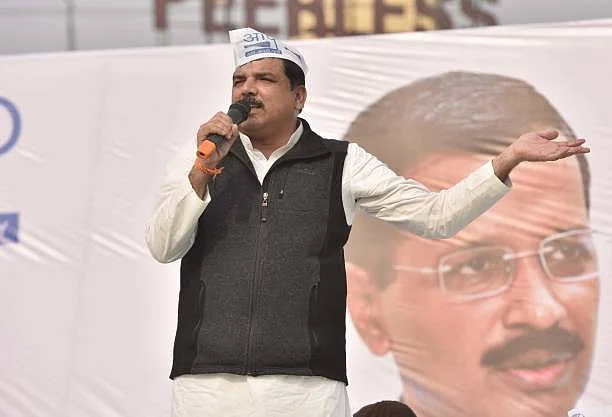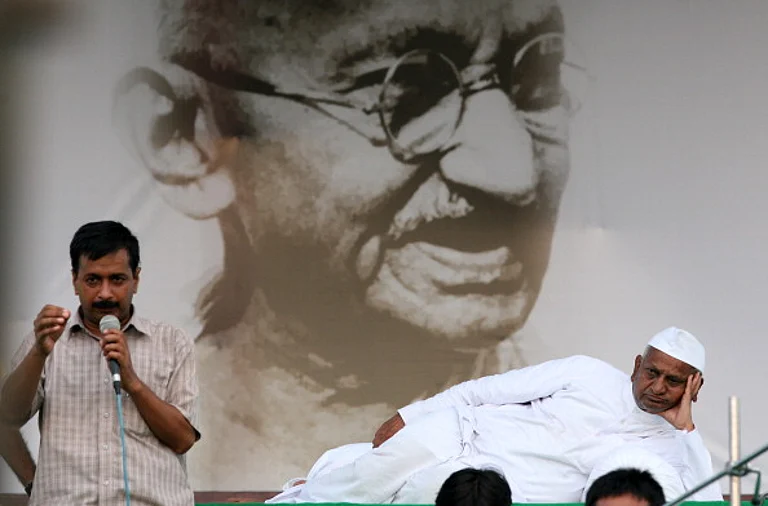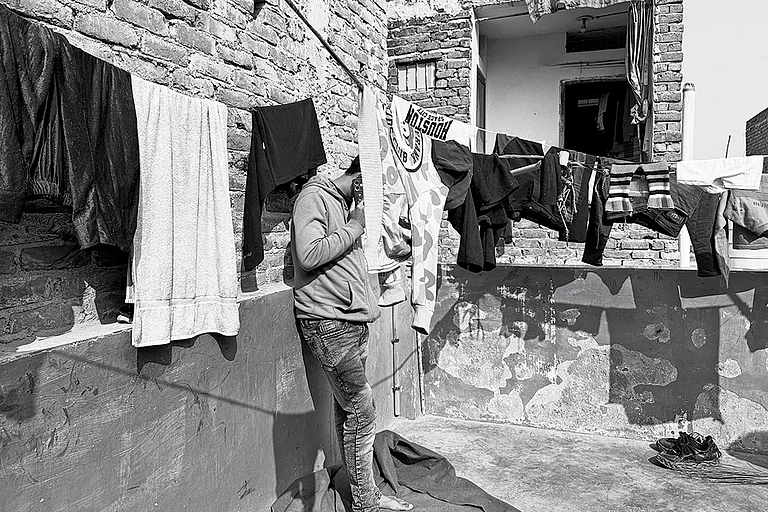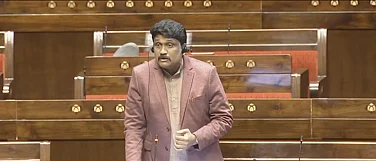After spending six months in Tihar Jail, Sanjay Singh, one of Aam Aadmi Party’s tallest leaders walked out on bail today. At a time when most of Delhi’s leadership has been put behind bars over alleged corruption charges, Singh’s conditional release is interesting to watch as it raises hopes for a revival of the party seemingly on the verge of crumbling right ahead of Lok Sabha elections. The Enforcement Directorate’s turnaround came as it made no headway in recovering the proceeds of the alleged crime or any trace of the money trail in the alleged Delhi excise policy case.
Over the past two years, central probe agencies, especially the Enforcement Directorate (ED), have increased their crackdowns against opposition leaders by using extensive powers under the Prevention of Money Laundering Act (PMLA). However, the withdrawal of charges against Singh, a leader they once claimed played a key role in the alleged liquor policy scam, gave AAP leaders new wings to challenge the arrest of other top leaders as being a political tactic ahead of polls. AAP leaders celebrated it as a "big day for democracy in the country", while BJP criticised them saying they were projecting as if the apex court had given him a clean chit in the case.
However, it has also raised questions among critics whether Singh’s release could have a hidden political strategy. One of the prominent AAP faces who has not been arrested yet, Delhi minister Atishi, in a recent press conference, claimed that the BJP approached her to join the party “to save my political career”. Is it possible that Singh also received similar advice? While these are only speculations, for now, Singh’s bail is a significant morale boost for AAP workers.
Singh was the third AAP leader to be arrested by the probe agency in the alleged Delhi liquor policy case after Satyendar Jain, who was arrested in May 2022, and Manish Sisodia, arrested in February last year.
Singh’s bail also comes at a time when AAP leaders have been protesting over the arrest of party supremo and Delhi Chief Minister Arvind Kejriwal in the excise policy case. The timing of both the incidents – Singh’s bail and Kejriwal’s arrest – just before the Lok Sabha elections have great political significance.
Meanwhile, on Wednesday, as the Delhi High Court also resumed hearing Kejriwal’s plea against his arrest by the ED, senior advocate Abhishek Manu Singhvi, representing Kejriwal, defended that there was no material evidence to show the “proceeds of crime” linked to the leader and that the case was biased. Meanwhile, ASG SV Raju for ED said, “The fact that money laundering offence has taken place is clear and beyond any doubt. Cognizance is always of the offence and not of the offender.” The court has reserved the verdict for now.



























